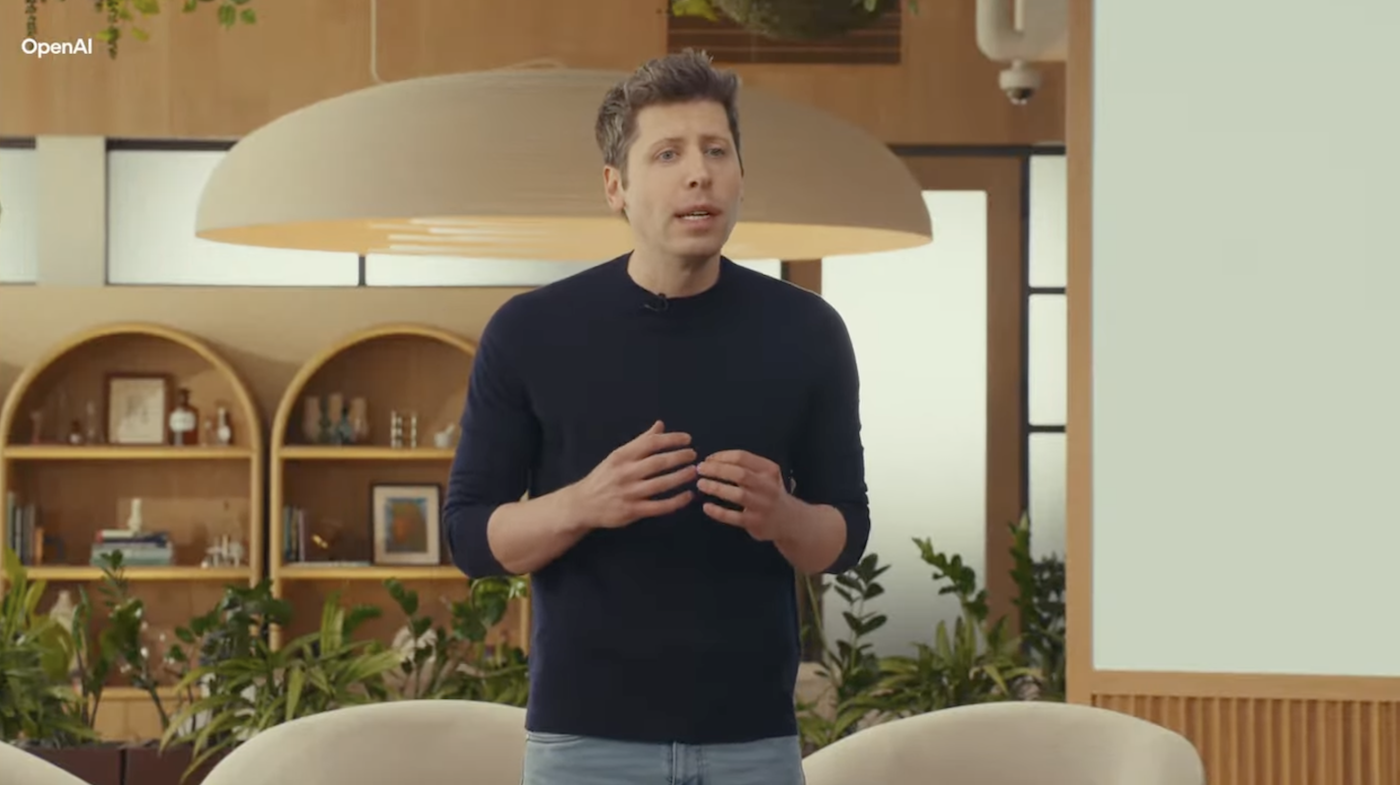GPT-5: OpenAI's Medical Breakthrough & New Focus on Mental Wellbeing - Is This the Future of AI?

OpenAI is poised to redefine the landscape of artificial intelligence with the upcoming release of GPT-5. The buzz isn't just about increased processing power; it's centered around significant advancements in medical applications and a groundbreaking commitment to mental health guidelines. This next-generation model promises to tackle the persistent issues of AI 'hallucinations' – those fabricated responses that plague current AI systems – and actively combat deceptive outputs, fostering a crucial environment of trust and transparency. But what does this mean for healthcare, and for the broader public?
Medical Marvel: Benchmarks That Impress
Early reports suggest GPT-5 has achieved impressive benchmarks in medical diagnostics and treatment recommendations. While specific details remain closely guarded, sources indicate the model has demonstrated a marked improvement in accuracy and reliability compared to its predecessors. This includes significant progress in analyzing medical images, interpreting complex patient histories, and suggesting personalized treatment plans. The potential implications for doctors and patients are enormous. Imagine a world where AI assists in early disease detection, offers tailored therapeutic interventions, and reduces the burden on overworked healthcare professionals. However, ethical considerations regarding data privacy, algorithmic bias, and the potential displacement of human expertise remain paramount.
Prioritizing Mental Wellbeing: A New Era of Responsible AI
Beyond medical applications, OpenAI is making a bold move by incorporating comprehensive mental health guidelines into GPT-5's development. This includes training the model to recognize and respond appropriately to users expressing distress, suicidal ideation, or other mental health concerns. The goal is to create an AI assistant that is not only intelligent but also empathetic and responsible. This proactive approach addresses a critical gap in current AI development, which often overlooks the potential for AI interactions to negatively impact users' mental wellbeing. The system will reportedly flag sensitive conversations and offer resources for mental health support, demonstrating a commitment to user safety and ethical AI practices.
Combating Hallucinations & Deception: Building Trust in AI
One of the most significant challenges facing large language models is their tendency to 'hallucinate' – generating false or misleading information. GPT-5 aims to drastically reduce these occurrences through refined training data and advanced error detection mechanisms. Furthermore, OpenAI is implementing safeguards to prevent deceptive outputs, ensuring that the model presents information accurately and avoids manipulative techniques. This focus on truthfulness is crucial for building public trust in AI and facilitating its widespread adoption.
Looking Ahead: Challenges and Opportunities
While GPT-5 holds immense promise, challenges remain. Rigorous testing and validation are essential to ensure the model's safety and reliability across diverse use cases. Addressing potential biases in training data and mitigating the risk of misuse are also critical priorities. However, the advancements in medical applications and the commitment to mental wellbeing represent a significant step forward in responsible AI development. GPT-5 could usher in a new era of AI-powered solutions that benefit both individuals and society as a whole. The official release is eagerly anticipated, and the world watches with keen interest to see how OpenAI's latest creation will shape the future of artificial intelligence in the Philippines and beyond.






